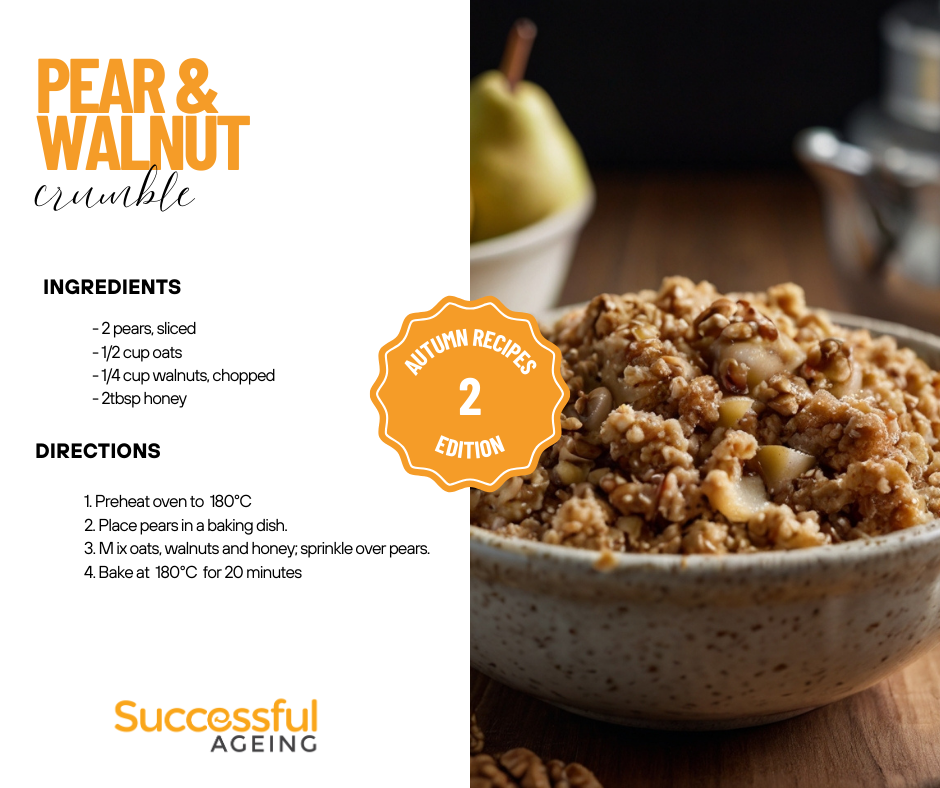Latest News
Latest News

When Your Ageing Parent Needs Help
March 8, 2024
As our parents grow older, it is only natural for their needs and capabilities to change. While they may have once been independent and self-sufficient, the ageing process can bring about physical, mental, and emotional challenges that require additional support. As adult children, we must be vigilant and attentive to the signs that our ageing parents may need assistance. In this blog, we will explore some common indicators that your ageing parent might need help and provide guidance on how to address these concerns with love and empathy.
Physical Changes:
One of the first signs that your ageing parent may require assistance is a noticeable decline in physical health. Keep an eye out for the following red flags:
- Difficulty with daily tasks: Watch for signs that your parent is struggling with basic activities such as dressing, bathing, or preparing meals. Are they experiencing unexplained weight loss or neglecting personal hygiene?
- Mobility issues: Is your parent having trouble walking or maintaining balance? Frequent falls or an increased reliance on assistive devices like canes or walkers could indicate the need for support.
- Medication mismanagement: Check if your parents are taking their medication as prescribed. Missed doses, expired medications, or confusion about dosages are all concerning signs.
Cognitive and Mental Health Changes:
Ageing can affect cognitive function and mental well-being. It is important to be attentive to signs that indicate a decline in your parent’s mental abilities:
- Memory loss and confusion: Frequent forgetfulness, difficulty recalling recent events, or confusion about familiar surroundings could be indicative of cognitive decline, such as Alzheimer’s or dementia.
- Mood swings and emotional changes: Ageing parents may experience mood swings, irritability, or increased anxiety and depression. These emotional changes can be attributed to several factors, including health issues or feelings of isolation.
- Difficulty with decision-making: Notice if your parents are having trouble making decisions or handling financial matters. This could be a sign of cognitive decline or decreased mental capacity.
Social Withdrawal and Isolation:
Ageing parents may become increasingly isolated due to various reasons. Look out for signs of social withdrawal, as it can have detrimental effects on their well-being:
- Neglected relationships: Observe if your parents are no longer maintaining relationships or participating in activities they once enjoyed. Withdrawal from social interactions can be an indicator of underlying issues.
- Home environment: Notice if your parent’s home shows signs of neglect, such as a lack of cleanliness, unopened mail, or unpaid bills. These signs may suggest that they are struggling to manage daily tasks independently.
- Loss of interest: Pay attention – if your parent seems disinterested or unengaged in hobbies, events, or outings they used to cherish. This disinterest may be a result of physical limitations, cognitive decline, or depression.
Approaching the Conversation:
Broaching the topic of seeking help for an ageing parent can be challenging, as it involves navigating sensitive emotions. Here are some tips for approaching the conversation:
- Choose an appropriate time and place: Select a calm and comfortable environment where you can have an open and private conversation.
- Use empathy and active listening: Approach the conversation with compassion and understanding. Listen attentively to their concerns and fears and validate their emotions.
- Involve them in decision-making: Emphasise that their input is valuable and that you want to explore options together. Discuss potential solutions that prioritise their preferences and independence.
- Seek professional guidance: Consult with healthcare professionals, geriatric care managers, or social workers who can provide expert advice and help you navigate available resources.
Recognising the signs that your ageing parent needs help requires careful observation and open communication. By being proactive and addressing their changing needs with love and empathy, you can ensure their well-being and help them maintain their independence for as long as possible. Remember, seeking assistance is not a sign of weakness but a demonstration of love and care for your ageing parent.





